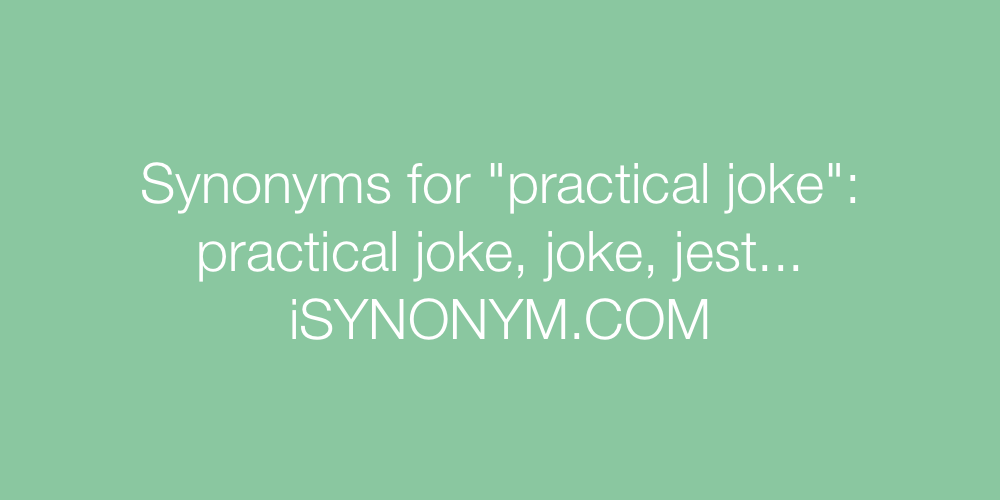

Probably one of the most useful features of the thesaurus is how it supports choosing the right word with the right meaning. List of literary words used most often in poetry or other elevated writing (disenthrall, hyperborean, and divers).List of Latin phrases with their meanings (amor nummi = love of money).List of archaic words (life, grimalkin, and pismire).List of related thematic words by type and subtype (Technology, Music, Psychological Disorders, Computer and Internet Terms, Types of Poems, Fashion, Transportation, Society, etc.) – trust me, this section is crazy comprehensive!.List of punctuation along with proper usage (examples included).List of capitalization and italicizing rules and guidelines.In the back of the thesaurus, you’ll find a Language Guide with a number of helpful resources, including the following: (examples in parentheses) Personal observations from contributing authors (scattered throughout the text).Examples for how to use the word in a sentence.Part of speech of main entry word (plus additional parts of speech).Synonyms closer to the meaning of the root word searched.Comprehensive (writers often find more options with this resource than other options).

If you are looking for a thesaurus that will feed your inner writer for a lifetime, this is absolutely the one for you. (According to the parable, if you give a man a fish, you feed him for a day, but if you teach a man to fish, you feed him for a lifetime). In a way, it is the writer’s version of the parable about giving a man (or woman) a fish versus teaching him (or her) how to fish. The latter is the key to not only enhanced writing of a singular sentence but enhanced writing on all future sentences. Rather, it is the most comprehensive, most intuitively categorized, and most conducive to actual language learning. The Oxford American Writer’s Thesaurus is the best thesaurus for writers for the long-term advancement of their craft because it goes far beyond simply providing a list of synonyms (alternative words). Please see my full disclosure) Image by author via Canva – The Best Thesaurus for Writers


 0 kommentar(er)
0 kommentar(er)
